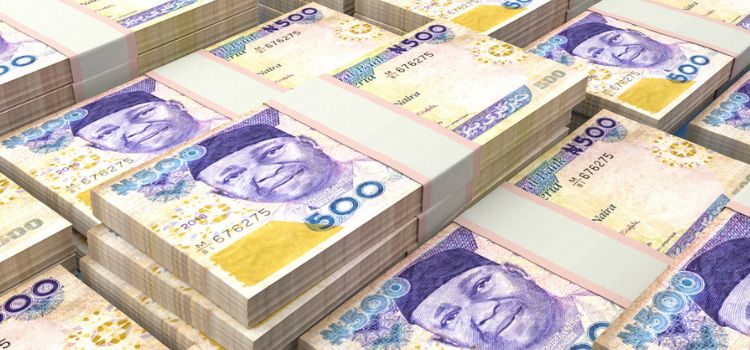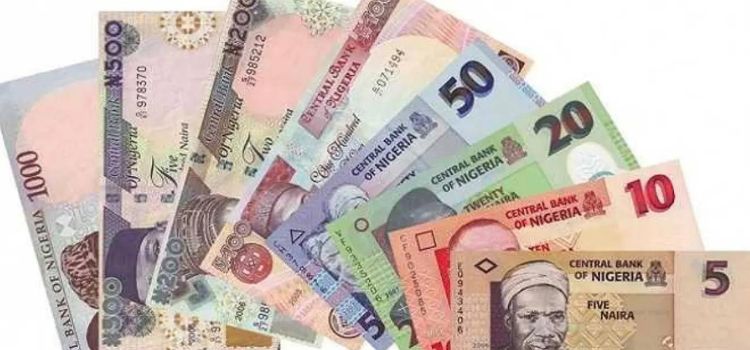The banking law in Nigeria is a complex and ever-evolving system of regulations that govern the activities of banks and other financial institutions in the country. The primary legislation governing banks in Nigeria is the Banks and Other Financial Institutions Act (BOFIA) 2020, which was enacted to consolidate and amend the previous BOFIA of 1991. BOFIA gives the Central Bank of Nigeria (CBN) the power to supervise and regulate banks and other financial institutions in Nigeria.

The CBN is the lead regulator of the banking sector in Nigeria and is responsible for ensuring the safety and soundness of the banking system. The CBN has a wide range of powers under BOFIA, including the power to:
- Grant and revoke banking licenses
- Set prudential standards for banks
- Conduct periodic inspections of banks
- Take enforcement action against banks that violate the law
The CBN also works with other government agencies, such as the Nigerian Deposit Insurance Corporation (NDIC) and the Securities and Exchange Commission (SEC), to ensure the stability of the financial system.

In addition to BOFIA, there are a number of other laws that regulate banking activities in Nigeria. These include:
- The Central Bank of Nigeria Act 2007
- The Nigerian Deposit Insurance Corporation Act 1999
- The Foreign Exchange (Monitoring and Miscellaneous Provisions) Act 1995
- The Money Laundering (Prohibition) Act 2011
The banking law in Nigeria is designed to protect the interests of depositors, promote financial stability, and facilitate economic growth. The CBN is committed to ensuring that the banking system is safe, sound, and efficient.
Here are some of the key provisions of BOFIA:
- Licensing: Only companies that are incorporated in Nigeria and that meet certain capital and other requirements can obtain a banking license from the CBN.
- Prudential standards: Banks are required to maintain certain minimum levels of capital and liquidity. They are also subject to limits on their lending and investment activities.
- Inspections: The CBN conducts periodic inspections of banks to ensure that they are complying with the law and sound banking practices.
- Enforcement: The CBN has a range of enforcement powers, including the power to revoke banking licenses, impose fines, and take criminal action against banks that violate the law.
The banking law in Nigeria is a complex and ever-evolving system of regulations. The CBN is committed to ensuring that the banking system is safe, sound, and efficient.

